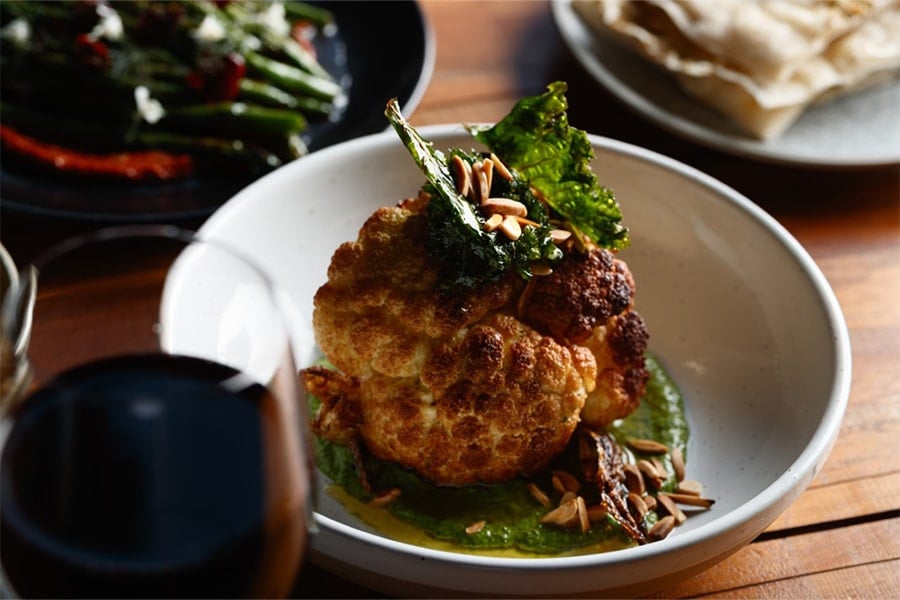
A recent report from the Australian Institute of Criminology shows unequivocally that there has been an increase in mens violence against women in Australia. In the 2022-23 period, there was a 28 per cent increase in intimate partner violence. Sadly, in the period from 27 October to 11 November, another 11 Australian women have lost their lives to mens violence.
According to femicide watch, the current death toll sits at 81 women. Far more than the "1 woman a week" statistic that is typically quoted.
It has been this country's legacy that 1 in 4 women (nearly 27 per cent of the population) will experience gender-based violence, emotional abuse, or economic abuse by a partner from the age of 15. When The Daily Aus interviewed Minister for Women, Katy Gallagher, and asked why the numbers were increasing, the response was lacklustre. Gallagher initially attributed the increasing statistics to increased reporting. But it is a sad reality that one woman has died at the hands of gender-based violence every four days this year. That number was a total of 64 women in 2023, 50 women in 2022. It's not just increased reporting, it's a growing death toll.
It begs the question, what is being done? And what more can and should be done to end the cycle of mens violence in Australia?
The current 'National Plan to End Violence Against Women'
Last year, the Albanese government launched a second National Plan to End Violence Against Women. It focuses on prevention, early intervention, response, and then recovery and healing. The first 10-year plan failed to combat the rising casualties. Labour has also struggled to fulfil its promise of hiring domestic violence staff, filling out only 17 of its promised 500 roles.
Social services minister Amanda Rishworth reported that states and territories had agreed to a target of hiring 352 of the 500 workers by 30 June this year. But the latest statistics, released in June, found just 94.4 full-time equivalent workers had been hired, totalling 202 out of the promised 352 workers. A snap cabinet meeting also occurring earlier this year committed an additional $925 million in funding. 33 women had died at that point.
It's been difficult to galvanise the Government to meaningfully address this in the past. While the enacting legislation does more to protect Australians in vulnerable domestic situations around the country, the numbers do not lie. As a nation, our current stratagem is not cutting it. The uptick in deaths is indictment enough: gender-based violence is inescapable in the country's current form.
What do advocacy groups say?
No matter who or which group you ask, the answer for how to end mens violence against women is usually: it's complicated. Our Watch says "no single person or organisation can bring about an end to violence. A collective, national effort is needed, by addressing the drivers of violence against women across all areas of society."
Many cite changes to the legal system, actions like denying bail to violent offenders could assist in minimising the horrific statistics we've seen in 2024. Most groups highlight the need prevention strategies like for boys and men to develop a health sense of masculinity that is not built on showing aggression.
Of course, mens violence is not just a problem in Australia. Misogyny and femicide elsewhere in the world has borne the 4B movement, a more radical approach which decentres men as a form of protest.
Whatever the solution is, it is a problem that requires a holistic effort. And that involves men calling out their friends and family for problematic behaviours that support a culture of violence. This has to be a community effort, not just one led and supported by women.
Here's where to find support
For support, we've rounded up the following resources outlining education and professional help for women in need.
White Ribbon Australia works to support victims of domestic violence, and change the culturally ingrained attitudes and behaviours that lead to violence against women.
1800RESPECT is a 24/7 hotline service for those who have experienced sexual abuse, assault or domestic family violence and need support or counselling.
Mettle Women Inc. is a gift delivery enterprise which employs women who are experiencing homelessness as a result of domestic violence. They equip survivors with financial security to maintain employment and stable housing.
Women’s Community Shelters works with communities to establish shelters which provide emergency and short-term accommodation to survivors of domestic and sexual abuse as well as support, in a safe environment.
FreeFrom helps survivors of gender-based violence by creating pathways to financial security and long-term safety through a six-month training and mentorship program to coach women through setting up their own businesses.
You can also access mental health services like the below:
- Lifeline on 13 11 14
- Kids Helpline on 1800 551 800
- MensLine Australia on 1300 789 978
- Suicide Call Back Service on 1300 659 467
- Beyond Blue on 1300 22 46 36
- Headspace on 1800 650 890
- QLife on 1800 184 527
Image: Josh Howard on Unsplash



